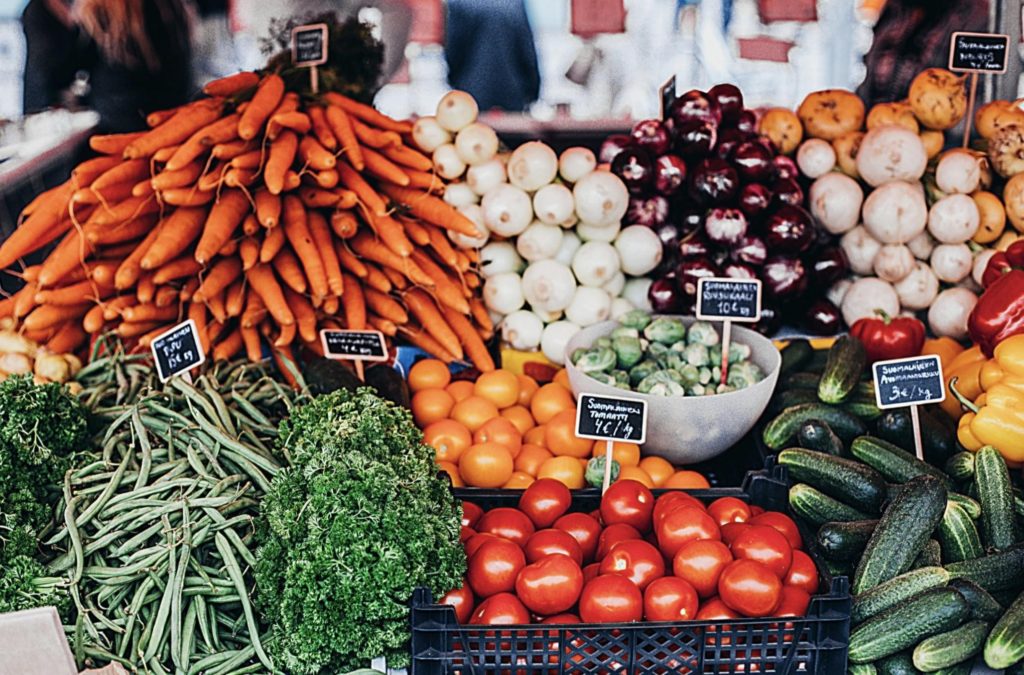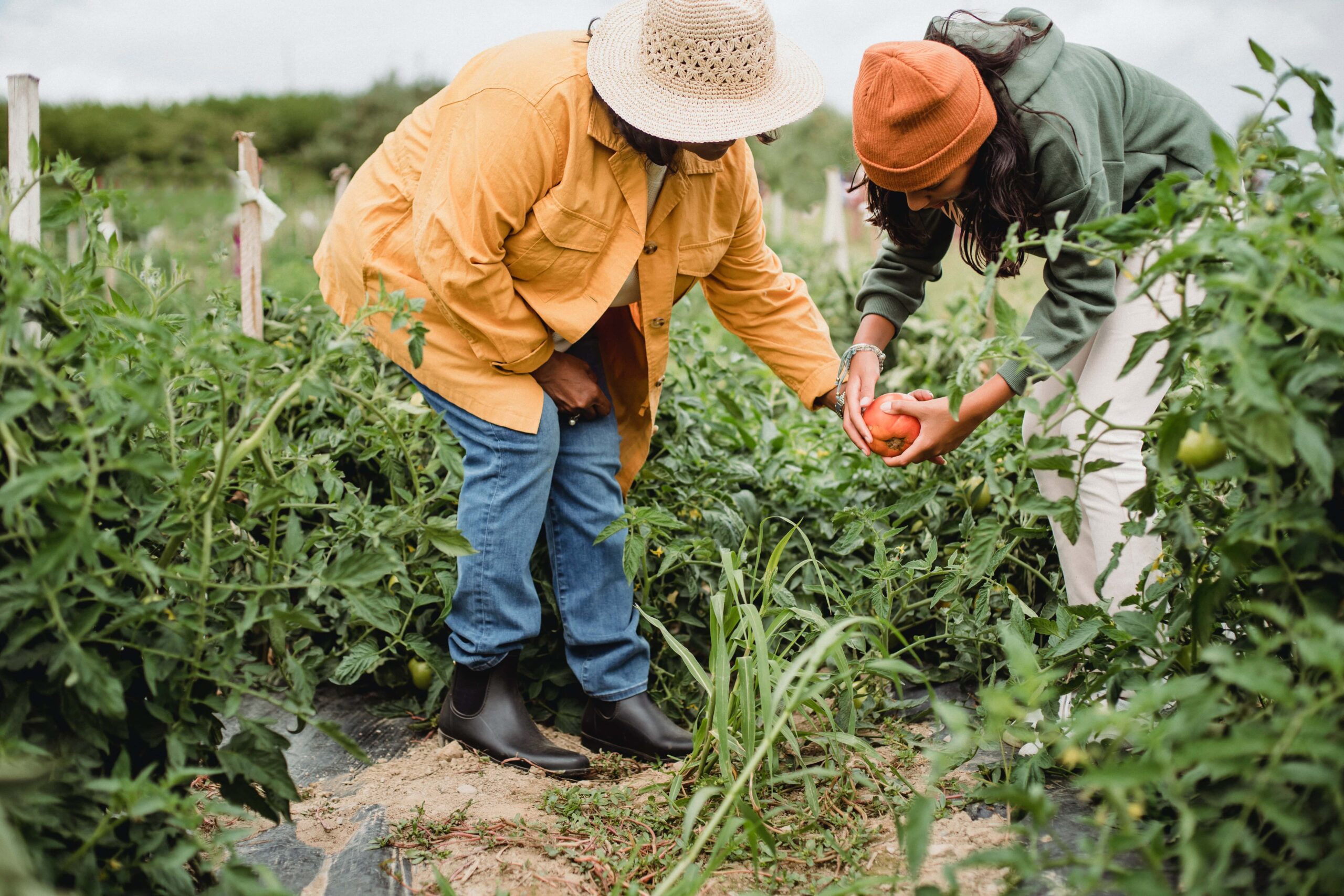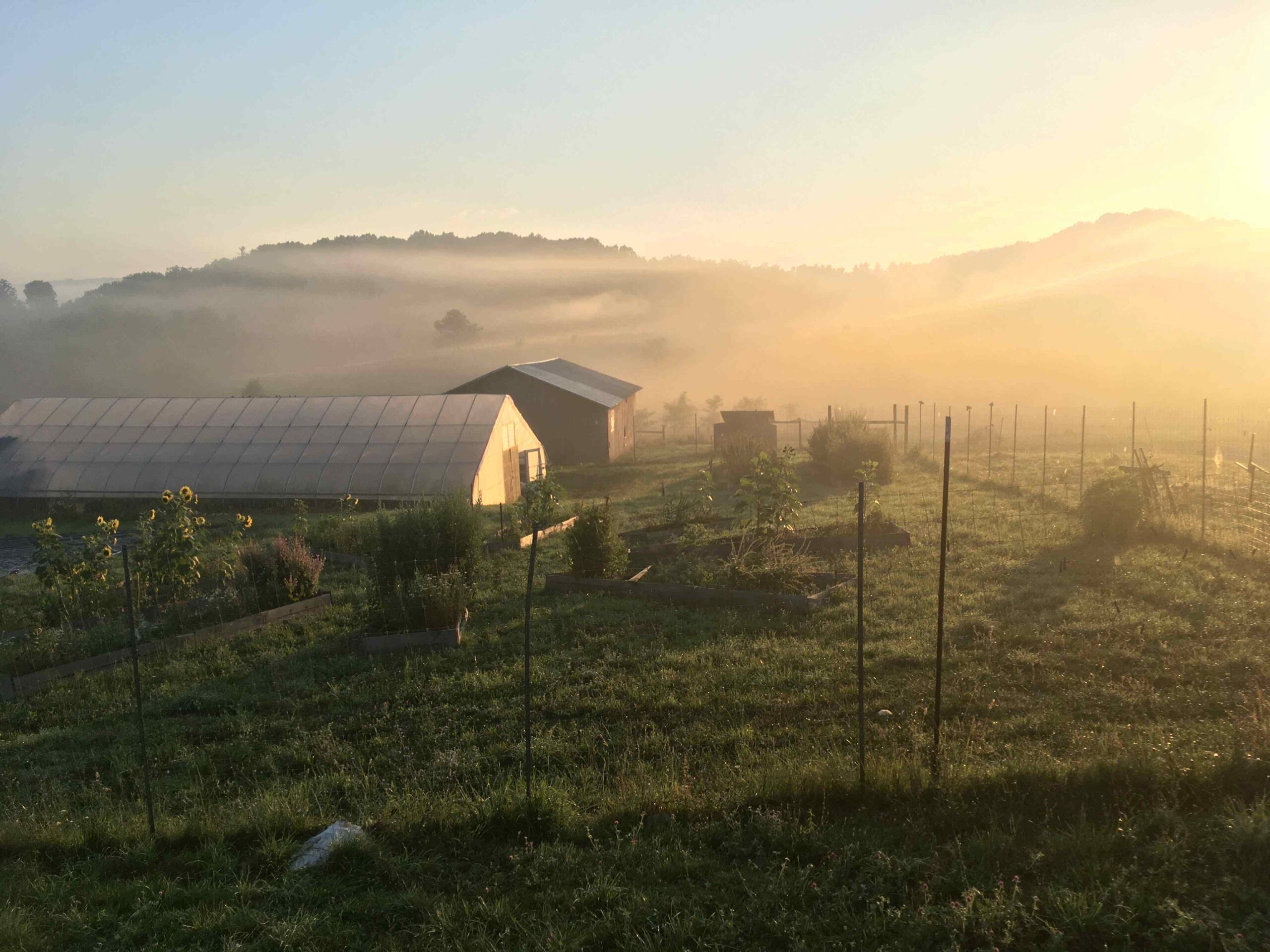
The struggle to legitimize farmers’ markets as essential services has been a hard-fought battle. Some states have conceded and agreed to allow farmers’ markets to serve their communities, even if at a reduced capacity. But even with the public’s support, some farmers’ markets are experiencing a drop in traffic and sales.
The reason may be due to the public’s concern about catching COVID-19. Experts agree that the most effective way to lower the risk of COVID-19 is by socially distancing. Safely navigating a small farmers’ market can be a challenge — the aisles may be narrow and groups of people gathering can increase the chance of spreading the coronavirus. As people shelter at home and avoid going outside, the weekly visit to the local farmers’ market may no longer be part of the routine.
Many Americans are going with alternatives, such as ordering their food online and opting for delivery from Amazon, UberEats, or Instacart. Or if they do go out, many choose to do their shopping at the major retailers such as Walmart to get all their necessities, ranging from food, household supplies, and other items, in one place.
What’s the fate of the farmers’ market during these challenging times? Although the challenges farmers currently face because of the COVID-19 pandemic are serious, some would say the farmers’ market will come out stronger than ever.
Farmers who adapt to the new normal are faring better than expected by offering home delivery services of their produce boxes to compete with the delivery giants. Some of the farmers even report they’re overwhelmed with orders. Even the midsize farms are getting in on the action now that they’ve lost food contracts from schools, restaurants, and other businesses.
The fate of the farmers’ markets is in the hands of the public. Here are three reasons why the farmers’ market is important to our economy — and why you should support them.
1. Farmers’ Markets Are a Source of Sustainable Food
The coronavirus pandemic has slowed down global trade at this time. Most countries have enacted travel bans to prevent people from traveling and spreading the virus. The current situation brings to light how our food sources can be affected by an emergency or a natural disaster.
If we rely on our food supplies to be flown in or delivered thousands of miles by truck, disruptions can cause food shortages. But visit a local farmers’ market and you’ll find a variety of fresh and locally grown produce that didn’t have to travel far to get from the farm to your table.
Buying local food at a farmers’ market reduces the environmental load of fossil-fuel-based emissions from transportation. And then there’s the packaging. There’s no need to wrap locally grown food in foam and plastic to survive the short journey. Anyone interested in supporting sustainability would agree that shopping for locally-grown produce, straight from the source that grew it, is a smart and eco-friendly decision.
2. Farmers’ Market Products Are More Natural
Farmers’ markets are known for supporting healthy eating since they mainly sell local, healthy, and wholesome produce. Most of the products are grown by small farmers who care for the wellbeing of the animals that produce them and don’t use antibiotics or hormones on their animals and livestock. In addition, most farmers’ markets sell organic produce only.
Researchers have yet to understand why some people who contract COVID-19 get seriously ill compared to others, needing hospitalization. The Centers for Disease Control and Prevention (CDC) warns people with pre-existing conditions such as asthma, diabetes, cancer, and auto-immune diseases to take extra caution at this time since they’re at a higher risk for complications from COVID-19.
Unfortunately, there are other people who suffer medium to severe symptoms from the virus and even die, without any previous medical conditions. Doing what you can to boost your immune system may help you reduce your risk of becoming seriously ill. And a diet full of pesticide-free fruits and vegetables can help you get the vitamins and minerals you need to strengthen your immunity right now.
3. Farmers (and Farmers’ Markets) Are an Important Part of Our Local Economies
The Agricultural Marketing Resource Center reports that the total annual sales at U.S. farmers’ markets are an estimated $1 billion. Farmers’ markets may be small, weekly community events, but they’re an important part of the community’s economic growth. According to the Farmers Market Coalition, 15 cents of every dollar spent at a major retailer stays in the area. The number jumps to 30 to 45 cents for every dollar spent at a locally-owned business.
The best way to support your local food scene is by buying fresh food regularly at your local farmers’ market. You’ll support your neighbors and the community you live in. Besides buying locally-grown products, you can donate money to one of the small farmers/COVID-19 causes to help local farmers during this challenging time.





